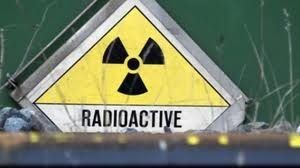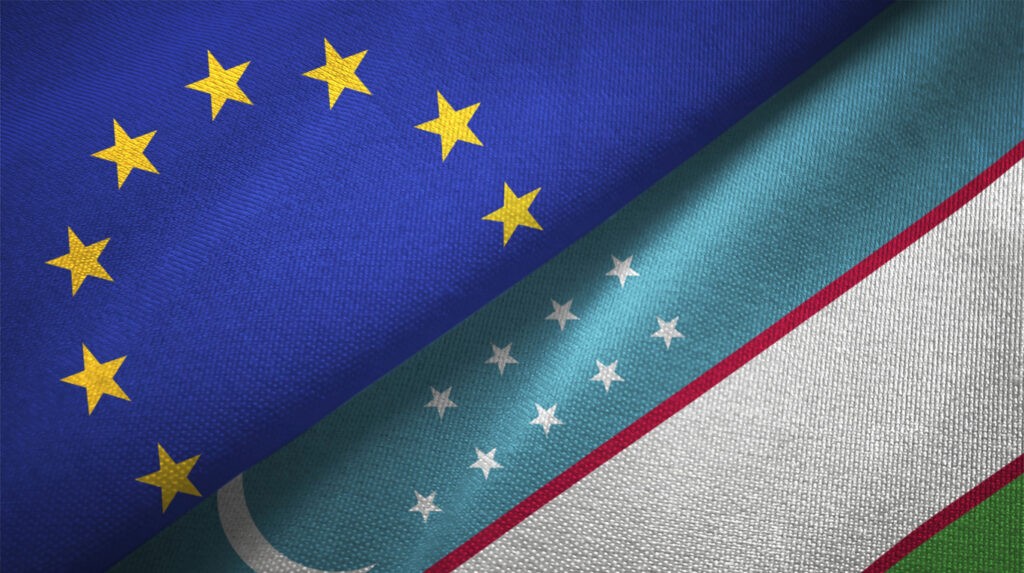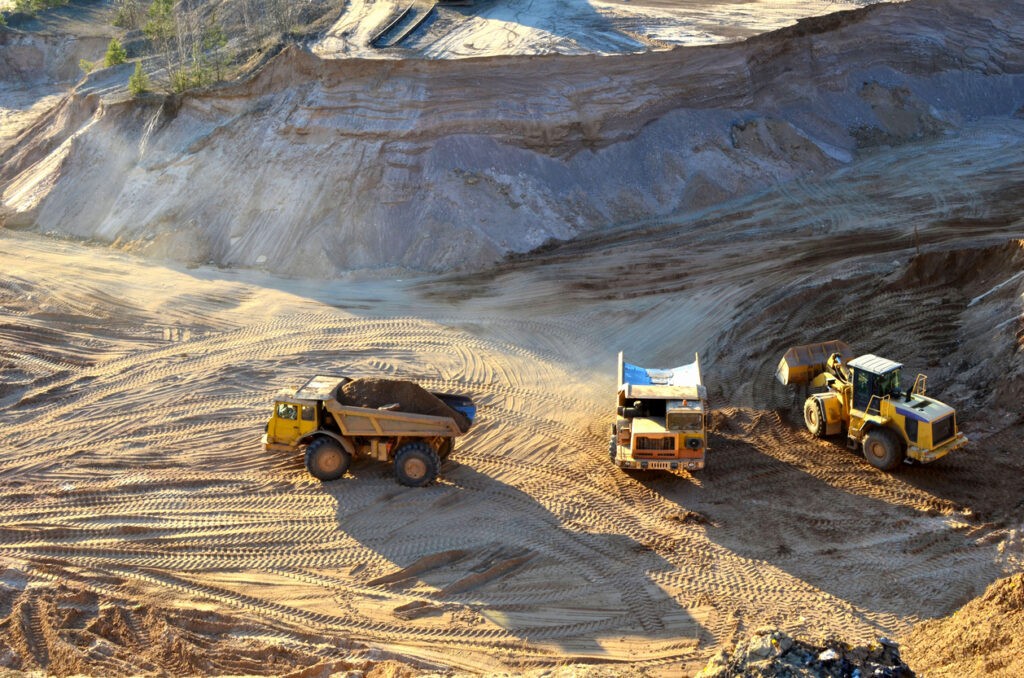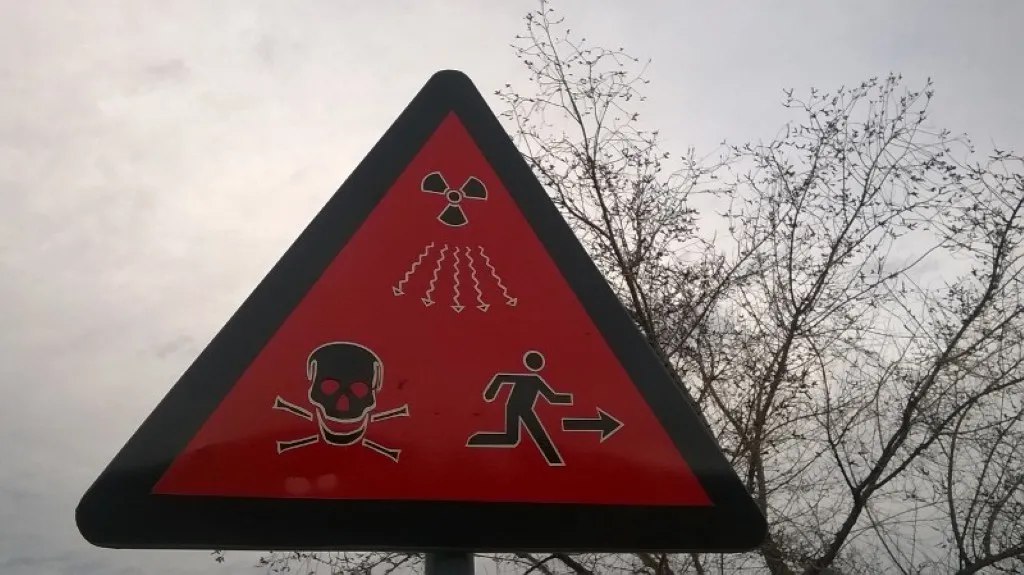BISHKEK (TCA) — A new fund to deal with the legacy of Soviet-era uranium mining and processing in the Kyrgyz Republic, Tajikistan and Uzbekistan had its inaugural assembly meeting at the European Bank for Reconstruction and Development on July 21, the Delegation of the European Union to the Kyrgyz Republic said.
The fund is an EU initiative and is financially supported by the Instrument for Nuclear Safety Cooperation (INSC). The new fund will be managed by the European Bank for Reconstruction and Development (EBRD).
The meeting follows the EBRD Board of Director’s decision to set up the “Environmental Remediation Account for Central Asia” (ERA) in May 2015 at the request of the European Commission (EC) to finance projects to rehabilitate high-priority sites in the countries where it will operate.
To date, the EC has provided €16.5 million to the new fund. The EC also finances ongoing detailed environmental impact assessments and feasibility studies at priority sites like Min-Kush, Shekaftar and Mailuu-Suu in the Kyrgyz Republic and Taboshar and Degmay in Tajikistan.
A joint EBRD and EC mission to the Kyrgyz Republic and Tajikistan in June 2016 discussed possible areas of cooperation.
Central Asia served as an important source of uranium in the former Soviet Union. This led to a large amount of radioactive contaminated material from the mining industry being disposed of in waste dumps and tailing sites. Most mines were closed by 1995 but very little remediation was done, the EBRD reported on its website.
The accumulated amount of radioactive contaminated material in the region is a threat to the environment and to the health of the population. Many of the uranium legacy sites are concentrated along the tributaries to the Syr Darya River, which runs through the densely populated Fergana Valley, the agricultural centre of the region which is shared by the Kyrgyz Republic, Tajikistan and Uzbekistan.









